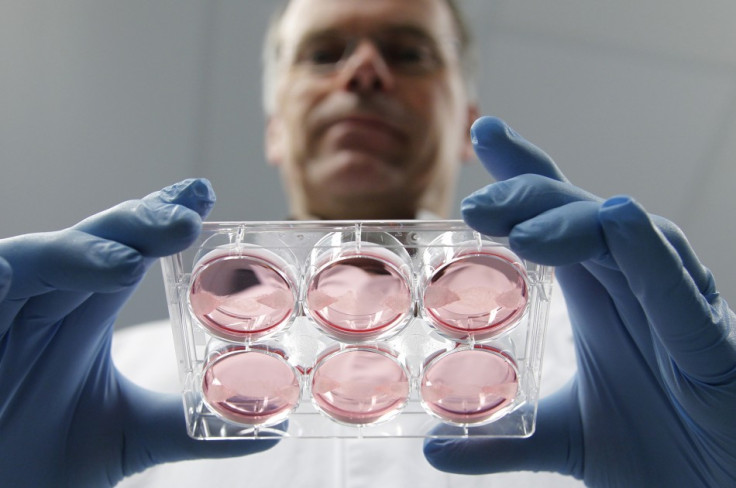World's First Test Tube Hamburgers to be Ready this October

The world's first test tube hamburgers will be ready by this October, according to Dutch scientist Mark Post of Maastricht University in Netherlands.
Speaking at the American Academy for the Advancement of Science (AAAS) annual meeting in Vancouver, Mark Post, who is involved in the process, said that his team is close to inventing an artificial hamburger made from a cow's stem cells, reported the Telegraph.
But the finished product will take eight months time to arrive, and will cost about £220,000 to produce.
"In October we are going to provide a proof of concept showing out of stem cells we can make a product that looks, feels and hopefully tastes like meat," the Telegraph quoted scientist Mark Post as telling reporters.
But the process would require cows to be slaughtered to extract stem cells from them. But Dr Post said that it is possible to extract limited number of stem cells from cows without killing them.
He said: "Eventually my vision is that you have a limited herd of donor animals in the world that you keep in stock and that you get your cells from there."
To make a test tube burger, 3,000 strips of muscle tissue is required, measuring about 3cm long by 1.5cm wide. The process involves several steps.
First, the stem cells are stripped from the cow's muscle and they are grown in broth containing calf serum, which has nutrients for the cells to grow. They grow between pieces of velcro and contract as they develop, reported the Guardian.
This way meat is produced with realistic fibres and a pinkish-yellow tinge. But Post expects to produce more authentic coloured strips in the future.
The work is being financed by anonymous and extremely wealthy benefactor, whom Post calls as a reputed person.
Post expects to see mass production in 10 to 20 years as most of the technical issues have been resolved.
© Copyright IBTimes 2024. All rights reserved.





